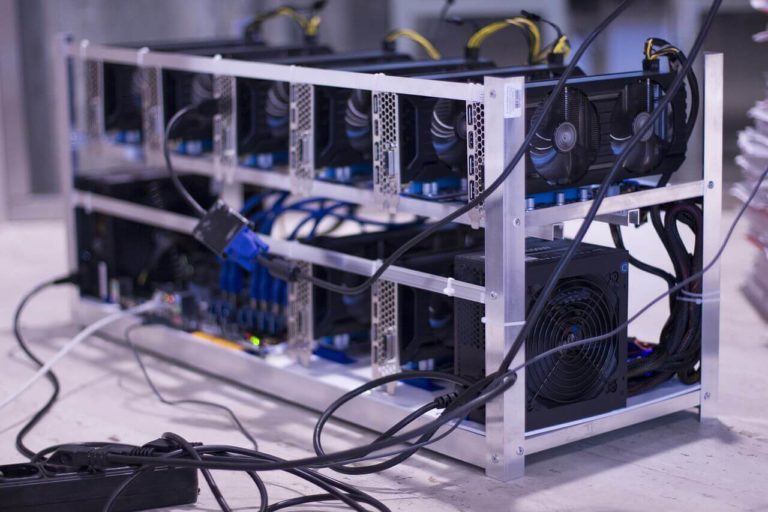The location of your chosen VPN service’s nodes matters a great deal for several reasons, including connection speed, content accessibility, data protection legislation, network reliability, and internet freedom.

By carefully considering the geographic distribution of your VPN’s servers, you can optimize your online experience and maximize the benefits of using a Virtual Private Network.
Points of discussion:
1. Connection Speed and Latency
The distance between your device and the VPN server has a direct impact on connection speed and latency.
For instance, if you’re in London and connect to a VPN server in New York, data packets must travel a considerable distance, resulting in increased latency and potentially slower speeds. However, connecting to a nearby server, say in Paris, would yield better performance.
Therefore, choosing a VPN service with nodes closer to your physical location can significantly improve your browsing experience.
2. Geo-restrictions and Content Accessibility
Content providers often impose geo-restrictions, limiting access to specific regions. The location of VPN servers plays a crucial role in circumventing these restrictions.
For example, if you’re in Australia and want to access American Netflix, you’ll need to connect to a VPN server in the United States.
A VPN service with a diverse range of server locations allows you to bypass regional restrictions and enjoy a truly global internet experience.
3. Privacy and Data Protection Legislation
Data privacy laws vary across countries, with some offering stronger protection than others. By choosing a VPN service with nodes in privacy-friendly jurisdictions, you can further safeguard your data from potential surveillance and data collection.
For instance, VPN servers located in Switzerland or Iceland are subject to strict privacy regulations that protect users from unwarranted government intrusion.
4. Network Reliability and Load Distribution
A VPN service with a limited number of nodes may struggle with network reliability and load distribution, leading to decreased performance.
For example, if a VPN service only has a few servers in Europe, users from that region may experience slow speeds and intermittent connections due to the high demand for those servers.
A VPN provider with a vast network of servers can distribute the load more effectively, ensuring a smoother and more reliable experience.
5. Censorship and Internet Freedom
In countries where internet censorship is prevalent, the location of VPN nodes becomes even more critical.
By connecting to a server in a country with greater internet freedom, users can bypass censorship and access blocked content.
For example, someone in China may connect to a VPN server in Japan to access websites and services that are otherwise restricted by the Great Firewall.
Summary
The location of VPN service nodes significantly impacts user experience, with factors such as connection speed, content accessibility, data protection, network reliability, and internet freedom playing crucial roles.

Proximity to servers affects latency and browsing speeds, while a diverse range of server locations enables users to bypass geo-restrictions.
Privacy-friendly jurisdictions provide stronger data protection, and a vast network of servers ensures better reliability and load distribution.
In censored regions, connecting to servers in countries with greater internet freedom allows users to access restricted content.
Careful consideration of a VPN provider’s server locations can optimize the online experience and maximize the benefits of using a VPN.
Welcome to the comments!




